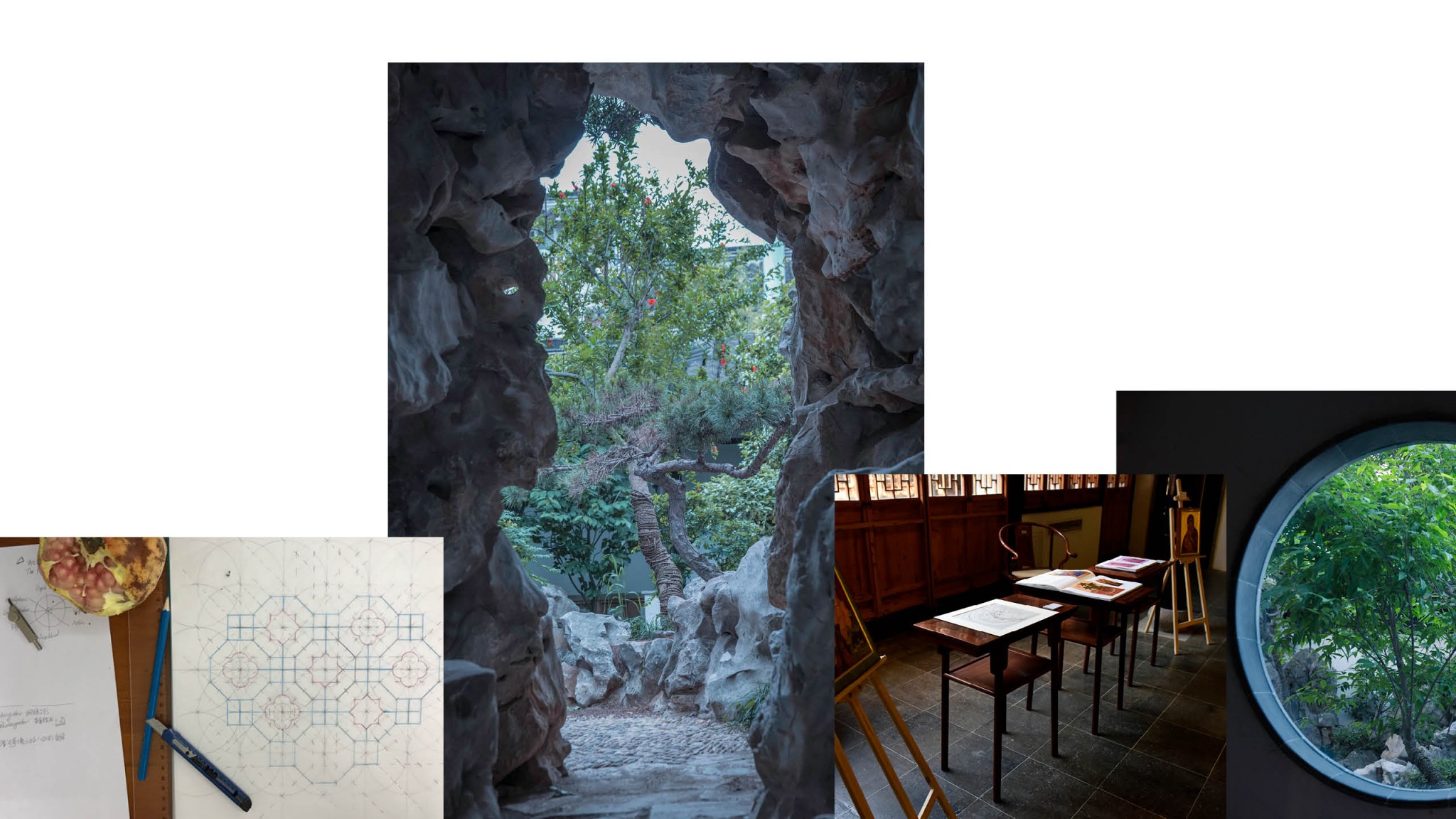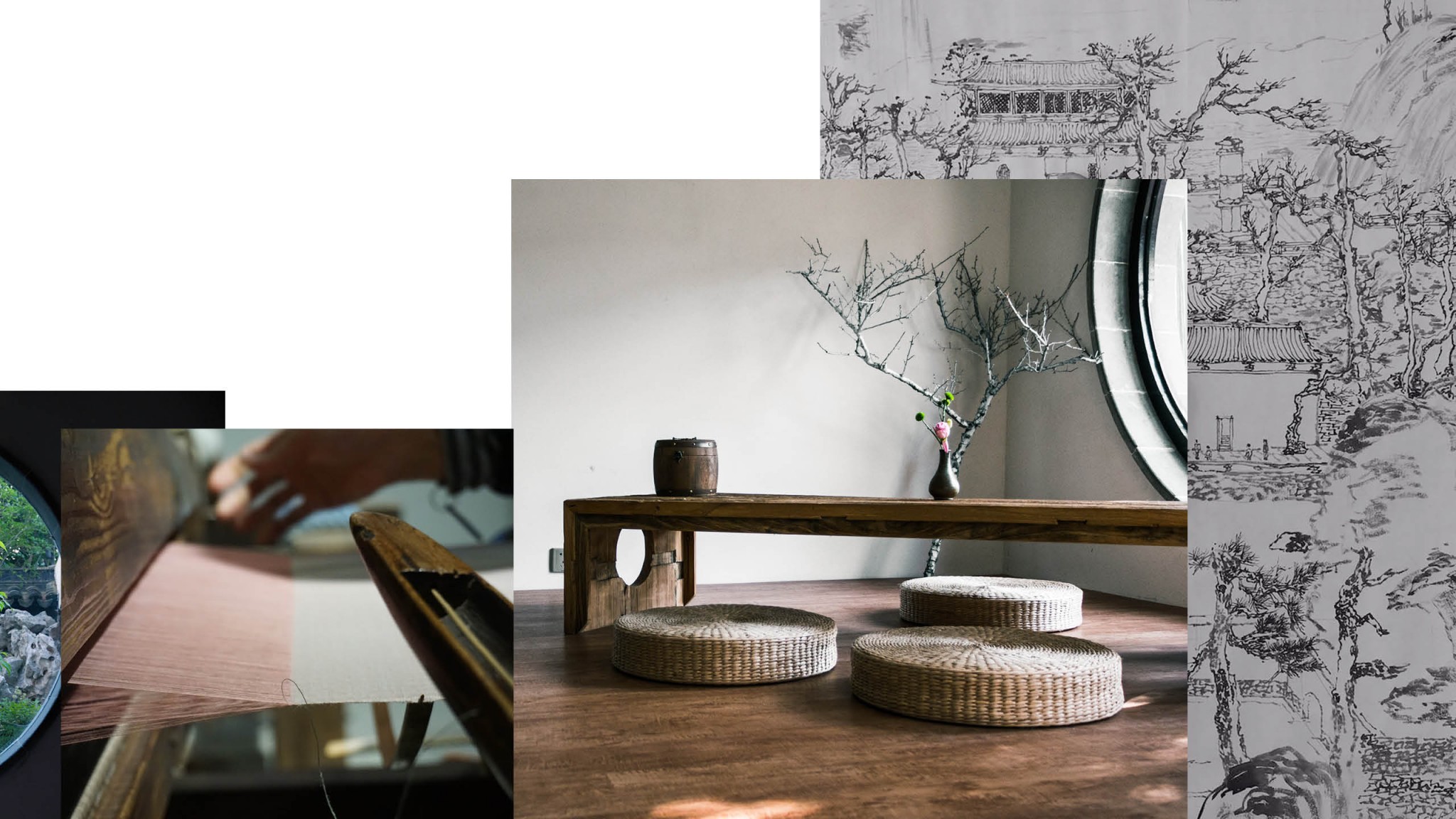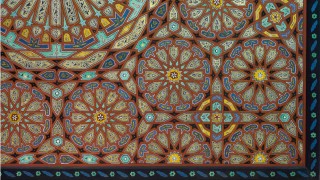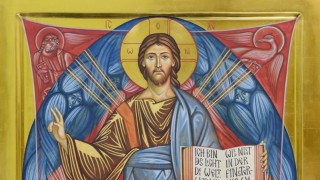Journal 5 March 2019
China Centre in Suzhou
With specialist courses including garden design and Feng Shui, the China Centre in Suzhou is breathing new life into the traditional arts
Known for its network of canals and silk weaving heritage, the Chinese city of Suzhou in the delta of the Yangtze River is one of China’s most striking cities. Founded in 514 BC, the so-called ‘Venice of the East’ has a rich history and a cityscape filled with ancient monuments, while its beautifully ornate collection of classical gardens boast UNESCO World Heritage status. And in autumn 2018, the city welcomed The Prince’s Foundation School of Traditional Arts’ (PFSTA) brand new China Centre.

Set in a stunning traditional building, it is the latest addition to the PFSTA’s continually growing family of international schools and is bringing its unique teaching methodology to the Far East. According to Board Director and Far Eastern art luminary Johnson Chang, the Centre’s location is perfectly placed. “For the past millennium Suzhou has been the centre of Chinese fine arts and crafts, and was also the main purveyor to the imperial palace for its material fineries up until modern times,” he says. “Today the Forbidden City still relies on Suzhou craftsmanship for the upkeep of the old palace and Suzhou’s craft tradition continues to be the strongest in China.”
The new Centre is unique in that it offers a different approach to study: an integration of Eastern and Western traditions taught in parallel by international masters, with the chance to learn about the practice and the philosophy of these arts and the connections between them. As well as providing PFSTA’s existing offering of traditional arts teaching, which includes the concepts of geometry, parquetry, calligraphy and colour alchemy, the Centre will also showcase disciplines rooted within Chinese culture. Students can expect modules on landscape painting, geomancy and feng shui, and garden design taught by world-renowned artist Ye Fang.

By teaming up with local institutions, the Centre has established links within China’s artistic community too. “I hope to see it complementing major art academies in China,” says Chang. “Through the work of the Centre I hope to restore the link between the worlds of Chinese traditional craft and contemporary fine art.”





